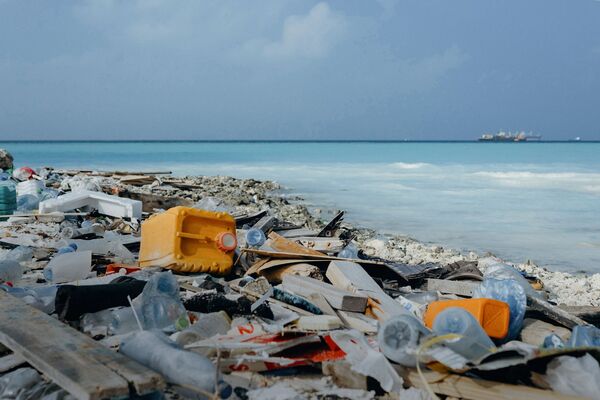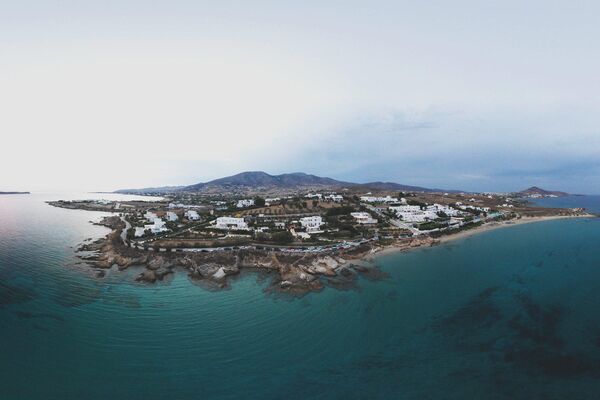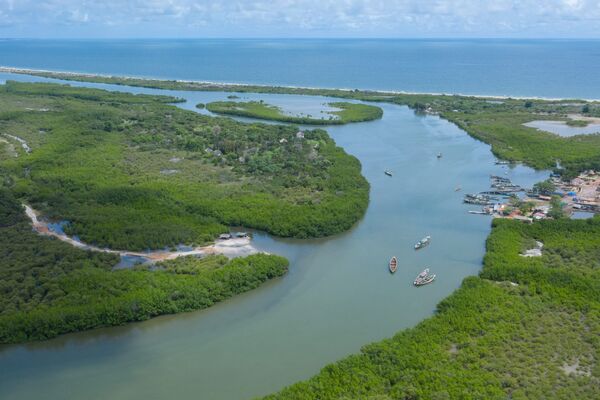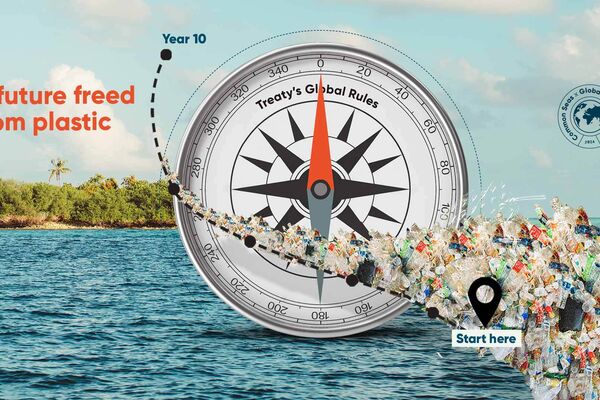Do you have plastic in your blood?
In our 2022 research, 77% of the blood samples we tested came back positive for plastic.
Although no-one yet knows what this means for our health, it doesn’t look good.
Even worse, plastic production is on track to double by 2040. The more plastic in our world, the greater our exposure.
We want to help everyone – whether they’re policymakers, business leaders or citizens – to understand how plastic threatens human health. The more we know, the more we can do to protect ourselves and our planet from harm.
Common Seas commissions research into the key health risks of plastic in our bodies.
The results of our research give governments and businesses a powerful incentive to take action on plastic.
We are currently examining blood, gut, brain and lung tissues to see how plastic particles accumulate. We want to know whether this contributes to chronic inflammation and auto immune responses.
Much of our research takes place at Imperial College, London. We worked with the team there to build a state-of-the-art ‘plastic-free’ lab that eliminates the risk of plastic contamination in research samples.
-
“Just look around you. Your clothes, paints, toys, and packaging - it's all plastic! It breaks down through wear, enters our air, our food, our water. We are the most exposed, more than any other species...”
-Stephen Fry -
“Deeply alarming further evidence of our exposure to plastics. Top polluters such as Coke, Pepsi, Nestle and Unilever must urgently reduce plastic packaging and invest in refill and reuse. And governments must hold them accountable.”
-Graham Forbes, Greenpeace USA -
“Sadly, it's now a certainty that most of us have micro-plastic and nano-plastic particles in our bodies. We urgently need to understand what the consequences of that are for human health.”
-Hugh Fearnley Whittingstall









